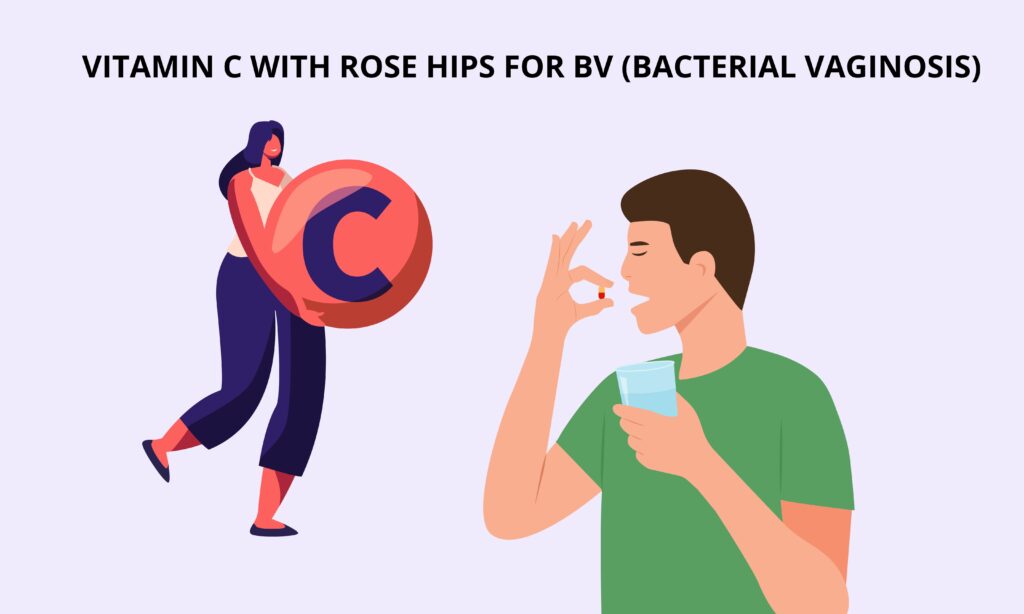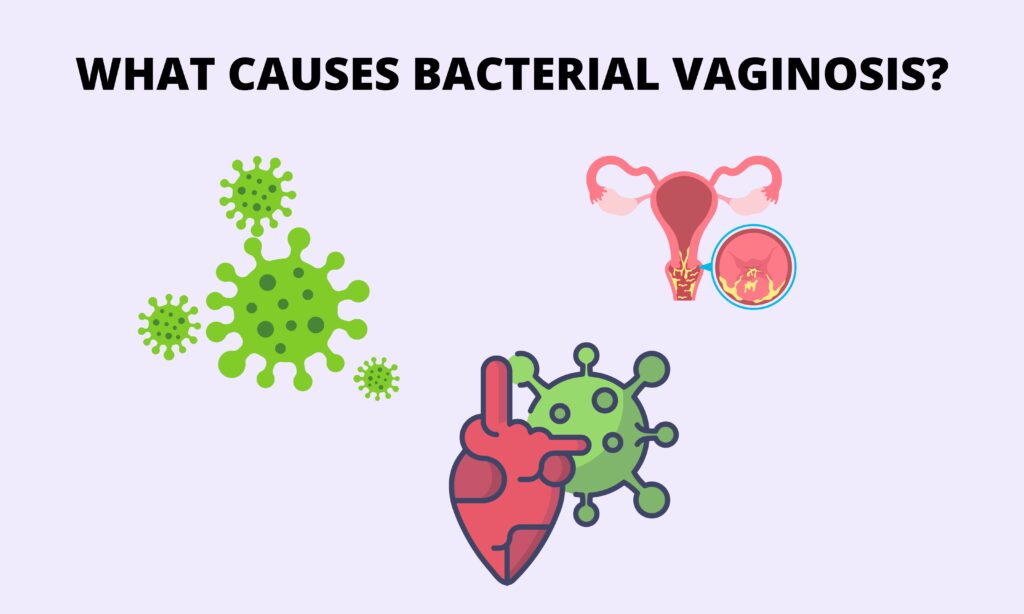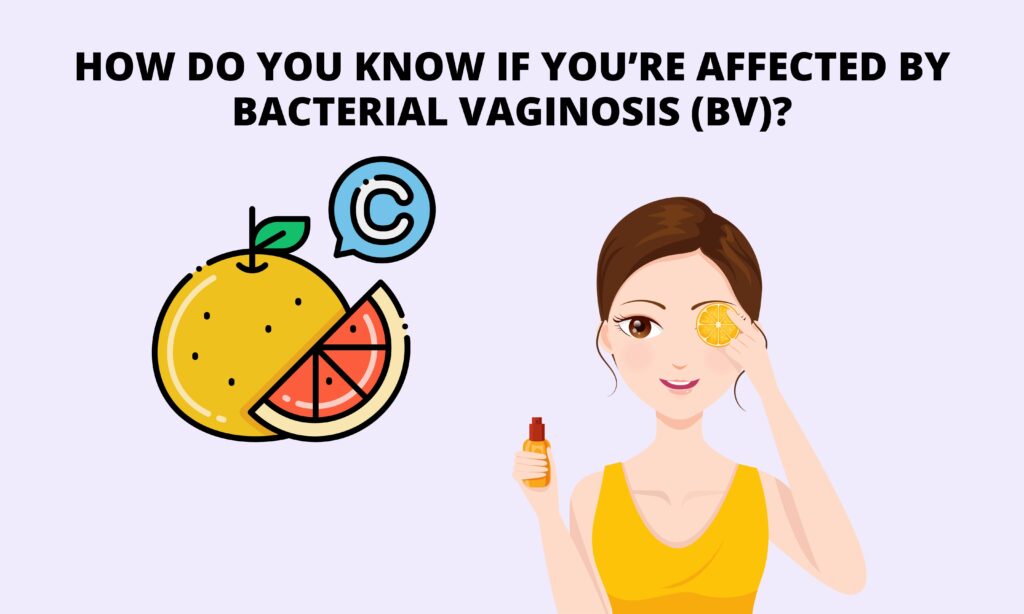
Vitamin C with Rose Hips is a supplement that has been shown to be effective in treating bacterial vaginosis (BV), a common vaginal infection caused by an overgrowth of harmful bacteria. BV can cause symptoms such as itching, burning, and an unpleasant odor. Vitamin C with Rose Hips has been found to help restore the natural balance of bacteria in the vagina, thereby reducing the symptoms of BV.
Vitamin C is an essential nutrient that is important for immune system health and wound healing. Rose hips are the fruit of the rose plant and are rich in vitamin C and other nutrients. Together, vitamin C and Rose Hips can provide a powerful combination of health benefits, including the ability to fight off bacterial infections.
In treating BV, Vitamin C with Rose Hips works by acidifying the vaginal environment. The acidity of the vagina is maintained by Lactobacillus bacteria, which produce lactic acid. This acidity helps to prevent the growth of harmful bacteria. Vitamin C with Rose Hips increases the acidity of the vagina, making it a less hospitable environment for harmful bacteria to grow.
Studies have shown that Vitamin C with Rose Hips can be an effective treatment for BV. One study found that women who took 500 mg of Vitamin C with Rose Hips twice daily for six days had a significant reduction in the symptoms of BV compared to women who took a placebo. Another study found that women who took 1000 mg of Vitamin C with Rose Hips daily for six months had a significant reduction in the recurrence of BV compared to women who did not take the supplement.
It is important to note that while Vitamin C with Rose Hips can be an effective treatment for BV, it should not be used as a substitute for medical treatment. Women who suspect they have BV should see a healthcare provider for proper diagnosis and treatment. Additionally, it is important to follow a healthy diet and lifestyle habits to support immune system health and prevent the recurrence of BV.
In conclusion, Vitamin C with Rose Hips can be an effective supplement for treating BV. Its ability to increase vaginal acidity can help restore the natural balance of bacteria in the vagina, reducing the symptoms of BV. However, it should be used as part of a comprehensive treatment plan that includes medical treatment and healthy lifestyle habits. If you are considering taking Vitamin C with Rose Hips for BV, speak with your healthcare provider to determine the best course of action for your individual needs.
What causes bacterial vaginosis?
What causes bacterial vaginosis?

Bacterial vaginosis (BV) is a common vaginal infection that is caused by an imbalance in the natural bacteria in the vagina. The vagina is home to a mixture of good and harmful bacteria, and when the balance between the two is disrupted, it can lead to an overgrowth of harmful bacteria. The exact cause of this imbalance is still unknown, but certain factors can increase the risk of developing BV, such as douching, having multiple sexual partners, and not using protection during sex.
There are several symptoms of bacterial vaginosis, including a thin, white or gray vaginal discharge, a foul-smelling odor, itching, burning during urination, and discomfort during sex. If left untreated, BV can lead to more serious complications, such as an increased risk of contracting sexually transmitted infections, including HIV, and an increased risk of developing pelvic inflammatory disease.
- One of the treatments for bacterial vaginosis is vitamin C with rose hips. Vitamin C is a powerful antioxidant that helps boost the immune system and fight off infections, while rose hips are rich in vitamin C and other nutrients that can help support overall vaginal health. Together, vitamin C and rose hips can help reduce inflammation and restore the natural balance of bacteria in the vagina, which can help alleviate the symptoms of BV.
To use vitamin C with rose hips for BV, you can take supplements orally or use them topically. If taking orally, it is recommended to take 500-1000 mg of vitamin C with 100 mg of rose hips per day. Topical application can be done by dissolving vitamin C with rose hips powder in water and using it as a vaginal douche or as a suppository. However, it is important to note that not all cases of BV can be treated with vitamin C with rose hips, and it is best to consult a healthcare professional for an accurate diagnosis and treatment plan.
In addition to taking vitamin C with rose hips, there are other steps you can take to prevent and manage bacterial vaginosis. These include practicing good hygiene habits, avoiding douching, using protection during sex, and avoiding the use of scented products in the vaginal area. Maintaining a healthy diet and lifestyle, and reducing stress levels can also help boost the immune system and improve overall vaginal health.
How do you know if you’re affected by Bacterial Vaginosis (BV)?

Bacterial vaginosis (BV) is a common vaginal infection caused by an imbalance of the bacteria that normally reside in the vagina. BV affects women of all ages, but it is most common among women of reproductive age. The symptoms of BV can be mild or severe, and some women may not have any symptoms at all. Common symptoms of BV include abnormal vaginal discharge, a fishy odor, itching, and burning during urination.
While antibiotics are often used to treat BV, some women may prefer natural remedies. One natural remedy that has gained attention for its potential benefits in treating BV is vitamin C with rose hips. Vitamin C is known to boost the immune system, and rose hips are a rich source of antioxidants that may help reduce inflammation.
Research suggests that vitamin C may be effective in treating BV. A study published in the Journal of Women’s Health found that taking 500 mg of vitamin C twice daily for 6 months reduced the recurrence rate of BV by 77%. Other studies have also shown that vitamin C may help restore the natural balance of bacteria in the vagina.
Rose hips are also believed to have benefits for treating BV. Rose hips are the fruit of the rose plant and are rich in vitamins and antioxidants. A study published in the Journal of Ethnopharmacology found that rose hips have antibacterial properties and may help inhibit the growth of harmful bacteria.
While vitamin C with rose hips may have potential benefits in treating BV, it is important to note that natural remedies should not be used as a substitute for medical treatment. Women who suspect they have BV should see a healthcare provider for diagnosis and treatment.
In addition, women should be aware that taking high doses of vitamin C may cause side effects, including diarrhea and stomach upset. It is important to follow the recommended dosage and speak with a healthcare provider before starting any new supplement.
In conclusion, bacterial vaginosis is a common vaginal infection caused by an imbalance of bacteria in the vagina. While antibiotics are often used to treat BV, some women may prefer natural remedies. Vitamin C with rose hips may have potential benefits in treating BV by boosting the immune system and reducing inflammation. However, women should always seek medical advice and follow recommended dosages before taking any new supplements.
How to treat the bacterial vaginosis
Bacterial vaginosis (BV) is a common vaginal infection that is caused by an imbalance of bacteria in the vagina. While antibiotics are the most common treatment for BV, some women may prefer natural remedies to avoid the potential side effects of antibiotics. One such remedy is vitamin C with rose hips, which has been shown to have antimicrobial properties and may be effective in treating BV.
In addition to taking vitamin C with rose hips, there are other natural remedies that may be helpful in treating BV. Probiotics, for example, are beneficial bacteria that can help to restore the natural balance of bacteria in the vagina. Eating a diet that is high in probiotic-rich foods, such as yogurt and kefir, or taking a daily probiotic supplement may help to reduce the symptoms of BV.
Tea tree oil is another natural remedy that has been shown to have antimicrobial properties. Applying a small amount of diluted tea tree oil to the vulva and vaginal area may help to reduce the symptoms of BV. However, it is important to use caution when using tea tree oil, as it can be irritating to the skin if not properly diluted.
Maintaining good hygiene practices is also important in treating and preventing BV. This includes washing the vulva and vaginal area with warm water and mild soap, avoiding scented products and douching, and wearing cotton underwear to allow for proper air circulation.
While natural remedies may be helpful in treating BV, it is important to consult with a healthcare provider before starting any new treatment. BV can lead to more serious health issues if left untreated, so it is important to seek medical attention if symptoms persist or worsen.
FAQs
- Can I take Vitamin C and Rose Hips for BV prevention? Yes, Vitamin C and Rose Hips are known to have antibacterial and immune-boosting properties. Taking them regularly can help prevent the occurrence of BV. However, it is always recommended to consult a healthcare provider before starting any new supplement.
- How long does it take for Vitamin C and Rose Hips to work for BV? There is no specific timeframe for Vitamin C and Rose Hips to work for BV, as every individual’s body reacts differently. However, regular intake of Vitamin C and Rose Hips can help boost the immune system and promote vaginal health, reducing the occurrence of BV.
- Are there any side effects of taking Vitamin C and Rose Hips for BV? When taken in appropriate doses, Vitamin C and Rose Hips are generally safe and do not have any major side effects. However, excessive intake may cause stomach upset, diarrhea, and kidney stones in some cases.
- Can Vitamin C and Rose Hips be used as a standalone treatment for BV? Vitamin C and Rose Hips may not be effective as a standalone treatment for BV. It is always recommended to consult a healthcare provider and follow a comprehensive treatment plan, including antibiotics or other medications as prescribed.
- How can I incorporate Vitamin C and Rose Hips in my daily routine for BV prevention? You can incorporate Vitamin C and Rose Hips in your daily routine by taking them as supplements or including them in your diet. Foods rich in Vitamin C include citrus fruits, strawberries, kiwi, bell peppers, and broccoli. Rose Hips can be consumed as herbal tea, or in supplement form. However, it is recommended to consult a healthcare provider before making any changes to your diet or adding new supplements.
Final thoughts
In conclusion, bacterial vaginosis is a common condition that can cause discomfort and embarrassment. While antibiotics are the standard treatment, some women may seek alternative options such as vitamin C with rose hips. While research on the effectiveness of vitamin C and rose hips for BV is limited, some studies have shown promising results. It’s important to consult with your healthcare provider before starting any new treatment, including supplements.
If you do decide to use vitamin C and rose hips for BV, make sure to follow the recommended dosage instructions and monitor your symptoms. It’s also important to maintain good hygiene practices and avoid any irritants that may exacerbate your symptoms.
Overall, it’s crucial to prioritize your vaginal health and seek medical attention if you experience any persistent symptoms or discomfort. While vitamin C with rose hips may offer some relief, it’s not a substitute for professional medical advice and care. By working with your healthcare provider, you can develop an effective treatment plan that addresses your individual needs and concerns.